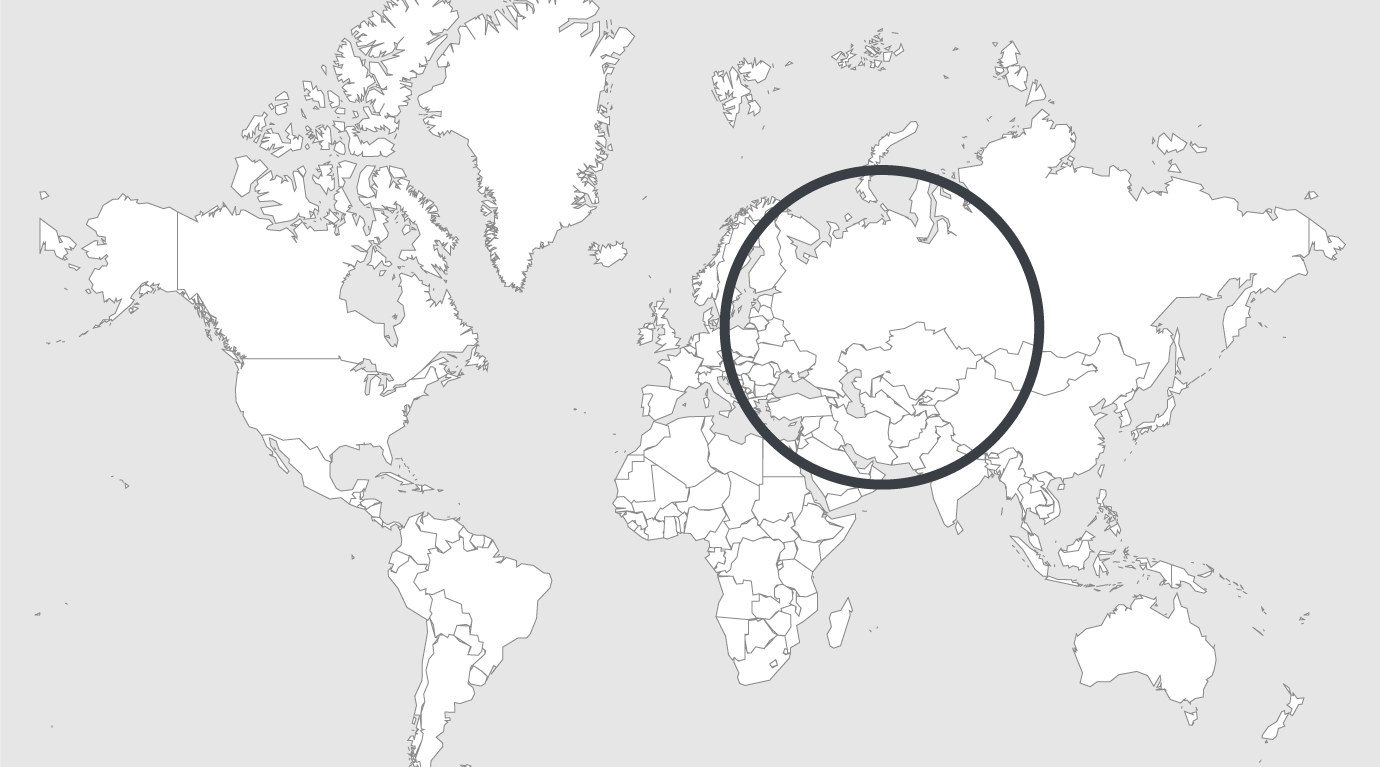
Explore
Uzbekistan: closure of the country’s most notorious prison, the "House of Torture'"
On August 2, Uzbek President Shavkat Mirziyoyev signed a presidential decree ordering the closure of the country’s most notorious prison. The decision elicited wide praise while also prompting questions of what’s next for the country’s deeply flawed justice and penal system.
Jaslyk, located in Karakalpakstan in the country’s northwest near what once was the Aral Sea, had been dubbed the “House of Torture” and the “Place of No Return.”
Describing it in a 2012 article, Farangis Najibullah of RFE/RL described it thus:
Uttering the name conjures images of fear and horror, fed by stories of prisoners being boiled alive and bodies of deceased inmates being returned to their families bearing horrific scars and bruises.
Former inmates recall gruesome methods of torture being employed at Jaslyk, including electric shocks, sexual assault, the pulling out of prisoners’ fingernails, and long stints of solitary confinement without food or drink.
Opened in 1999 on the site of a former Soviet military base that had reportedly been used to test chemical warfare protection equipment, Jaslyk infamously housed many “religious” prisoners arrested after the 1999 bombings in Tashkent. In 2012, Human Rights Watch estimated that Jaslyk housed 5,000 to 7,000 prisoners (in 2005, an IWPR report said there were more than 500 prisoners).
Uzbek media have reported that the prison’s remaining population will be transferred to other facilities.
A statement on the decree published by the Ministry of Internal Affairs referenced large scale reforms in recent years and measures taken to implement international human rights obligations, as well as humane conditions for prisoners independent of their political or religious views.
In a video statement published by Voice of America, Human Rights Watch Central Asia researcher Steve Swerdlow said, “The news that the president of Uzbekistan has ordered the closure of the Jaslyk prison colony is undoubtedly positive news.” Swerdlow noted that for almost two decades the UN and various human rights groups had called for its closure based on consistent and horrific reports of torture at the prison. But much work remains to be done, Swerdlow commented. He urged Mirziyoyev to continue on the reform path but also highlighted the need for those with first-hand experience at Jaslyk to tell their stories.
“Mirziyoyev should allow those prisoners that spent many years, some almost two decades in Jaslyk to tell their stories publicly so that all of Uzbekistan can learn these lessons and never repeat them again.”
In a November 2017 decree, Mirziyoyev banned courts from using evidence obtained through torture. But reports of torture being used continued after. For example, relatives of Kadyr Yusupov — a former Uzbek diplomat who was detained in December 2018 after a suicide attempt and charged with treason — have told Human Rights Watch that Yusupov has been subjected to psychological torture.
Without a doubt, the closure of Jaslyk is an important and necessary step in reforming Uzbekistan’s penal system. But more important is changing the way the state views its responsibilities when it comes to the incarcerated and changing deeply embedded norms of behavior on the part of law enforcement and the wider judicial system. It’s critical to recognize that Mirziyoyev’s decrees — as positive as they may be — are mere words on paper until they are implemented.
A further step, which Swerdlow highlighted in his VOA comments, is the difficult work of recognizing and openly discussing past abuses not only at Jaslyk but system-wide. This will prove the most difficult step as the Uzbek government remains staffed by individuals who participated in the country’s past abuses under Islam Karimov. The government’s change of tone under Mirziyoyev is important; atonement even more so.
Read original article
